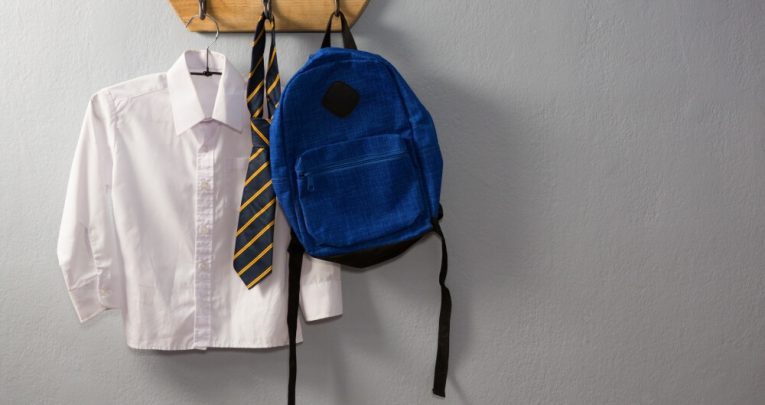School uniforms – What the Education Bill means for schools, parents and pupils

Matthew Easter, co-chair of The Schoolwear Association, discusses the legislation currently working its way through Parliament that will place school uniform guidance on a statutory footing…

What is the Education Bill?
The Education (Guidance about Costs of School Uniforms) Bill is a Private Member’s Bill introduced to the House of Commons by Mike Amesbury MP. The Bill is designed to make it a legal requirement for schools to follow DfE guidance on how schools should design and implement their school uniform policies.
The guidance currently published by the DfE – which strongly encourages schools to operate a uniforms policy – is not on a statutory footing.
What does the new Bill mean for schools in practice?
If a school is already broadly following DfE guidance, they’ll likely see little impact and be able to continue with their current uniforms policy.
By mandating the DfE’s guidelines, Schools Minister Nick Gibb has made it clear that the government considers the current guidance to be a good basis for legislation. He has also stated that uniform has a definite part to play in school life, and expressed support for sensible uniform policies that include the use of branded items, where appropriate.
However, there are likely to be a few amendments to the current guidance, which the DfE is in the process of drafting, having promised schools that they’ll have a chance to consider and implement the guidance once it’s published – most likely over summer 2021.
On the other hand, assuming the Bill is enacted as expected, schools could be challenged on their uniform policies if it’s felt they have not fully considered the updated DfE guidance.
What is a ‘sensible’ uniform policy?
A sensible policy should take a number of factors into account, including value for parents and quality and durability of garments, as well as a uniform’s environmental impact. Local factors can lead to the adoption of different uniform policies – schools should retain the autonomy to make the right decisions for their pupils.
An effective uniform policy will create consistency across a school, helping to increase unity and discipline, as well as helping to act as a social leveller, reducing the risks of peer pressure and bullying associated with wearing the latest fashion trends.
A mandated uniform should clearly be affordable for parents, but focusing on the price of garments alone risks overlooking the way in which high quality uniforms will be sustainable and long-lasting, and thus more economical for families in the long term. Better quality garments can also encourage the emergence of an active secondhand service within a school community.
Can a school still appoint only one supplier?
Yes. Sole Supplier arrangements will still be possible after the Bill has come into effect, but schools will need to show that they have conducted an appropriate tender process at least every five years where a sole supply arrangement is place. It is our understanding that if a school has tendered within the last five years, however, they won’t need to do anything further for now.
The Schoolwear Association strongly supports the role of competition in ensuring that uniform costs remain as low as possible for families, and understands the need for effective tendering at the point of selection.
Sole supply arrangements can deliver lower costs due to economies of scale, better guarantees of year-round supplies for schools, parents and pupils, and support parents who might be struggling with uniform costs.
How does a school go about tendering?
The Schoolwear Association will support schools undertaking this process in the coming months, to ensure that they’re able to tender appropriately and in the easiest way, while seeing to it that parents and families get the best value and service from their uniform retailers. Further information can be found at the Schoolwear Association’s tender guidance document.
We would encourage schools to consider uniform suppliers that are members of the Schoolwear Association and have signed our stringent Code of Practice, which sets industry best practice. Key considerations when tendering for a uniform supplier include cost, product quality, ethical sourcing issues, and the ability to service the business to the satisfaction of both the school and parents.
When do the new guidelines take effect?
The Education Bill is currently progressing through the House of Lords before receiving Royal Assent. Nick Gibb confirmed in a recent House of Commons debate that the Bill would not take effect for the school year starting in September 2021, so schools should continue to honour their existing uniform provision agreements.
Should the Bill be passed into law as expected. The Schoolwear Association believes that the statutory guidance could become active from September 2022.
For more information, visit schoolwearassociation.co.uk or follow @SAschoolwear on Twitter.











